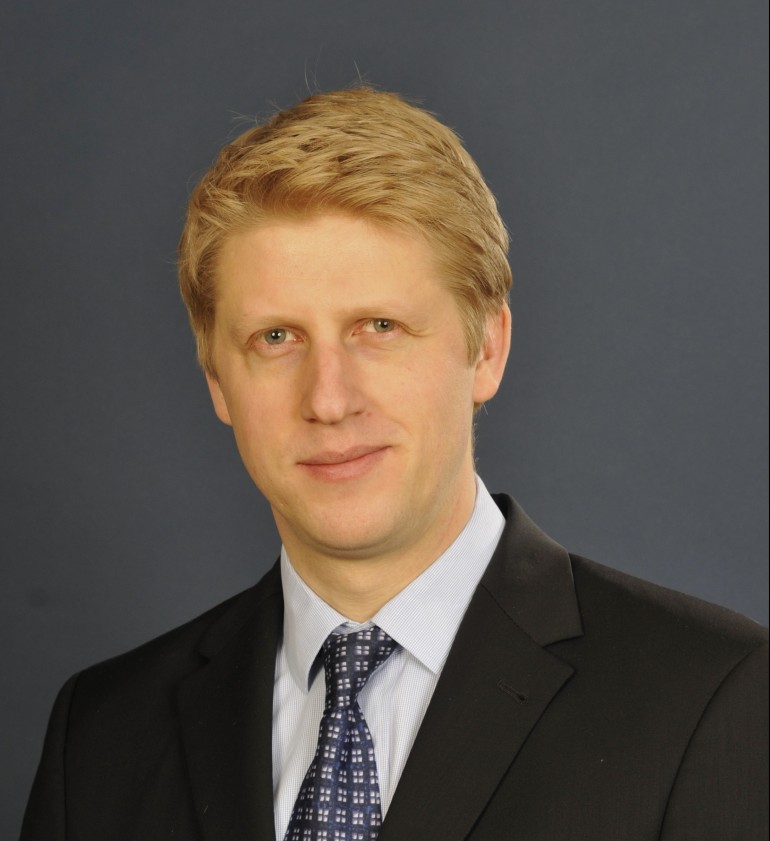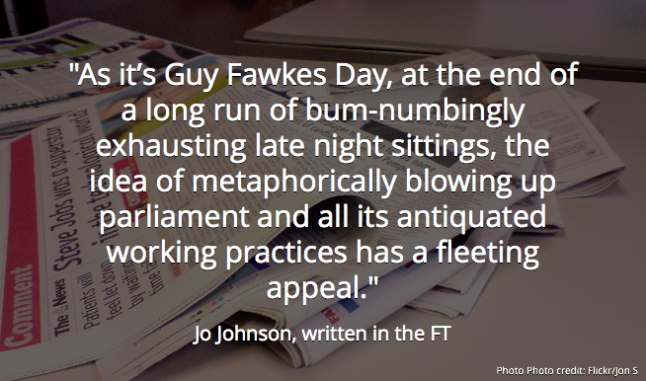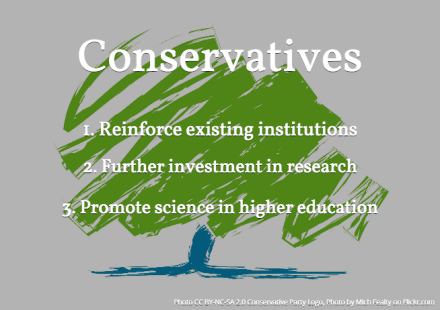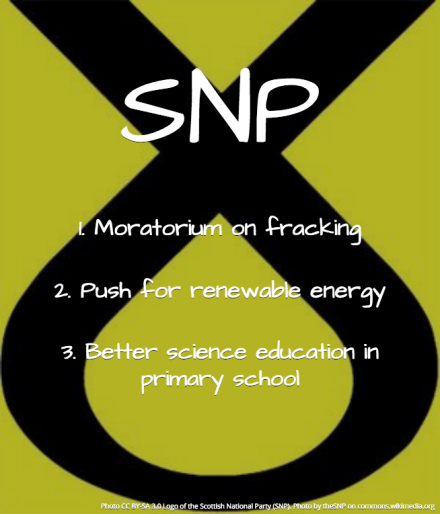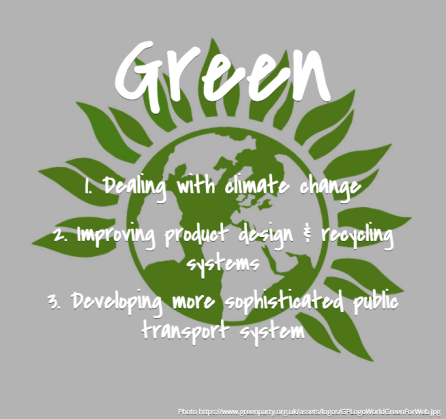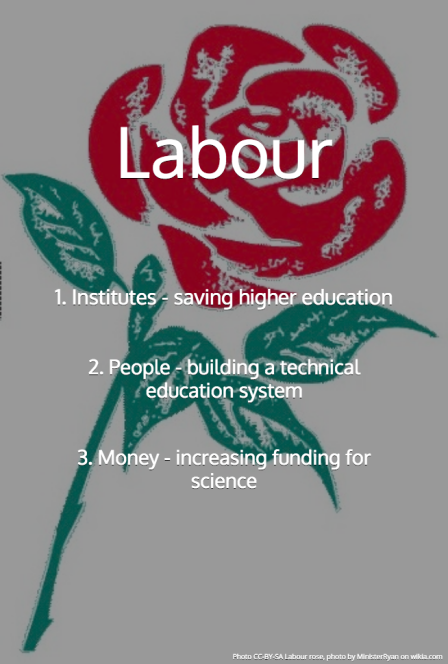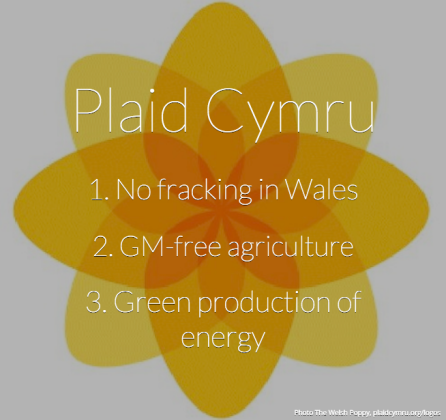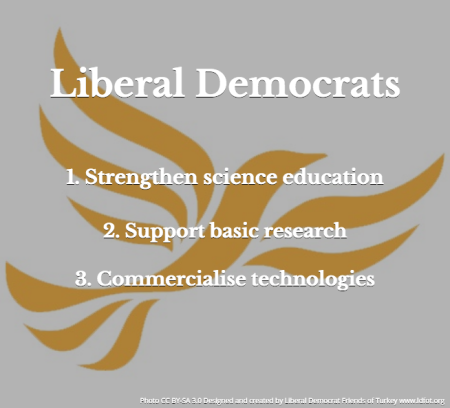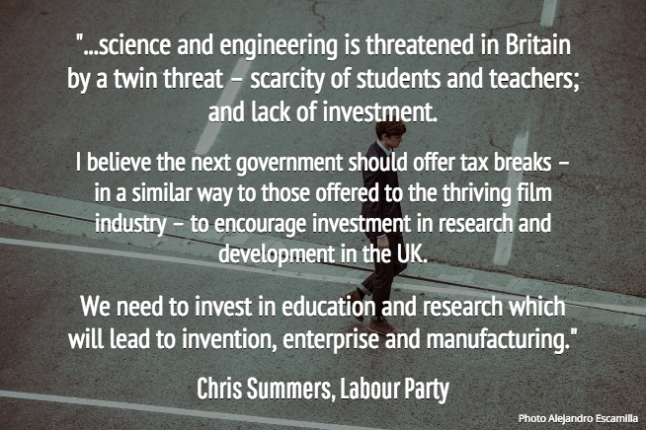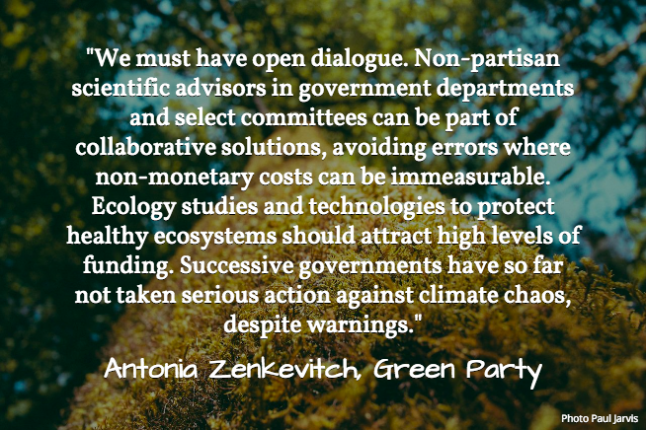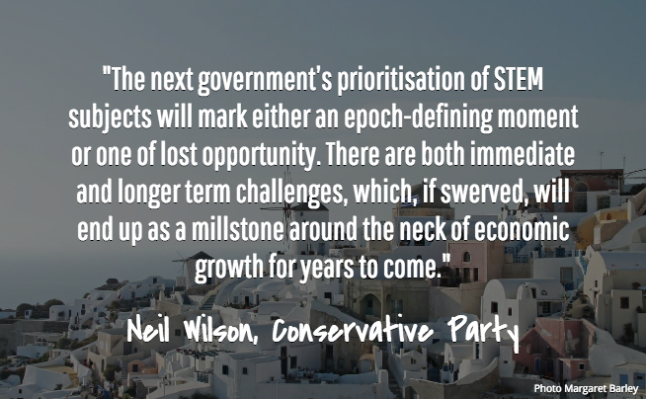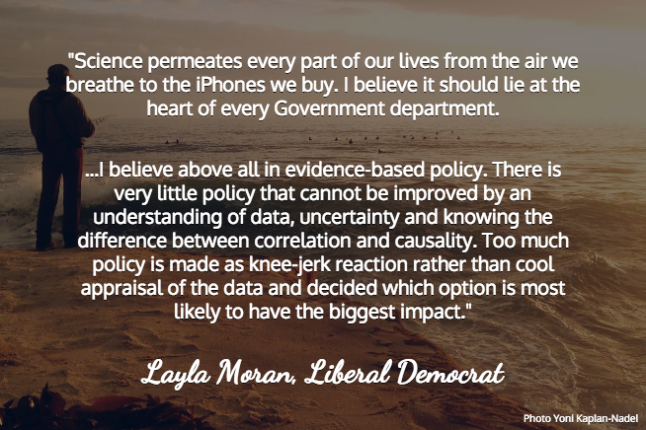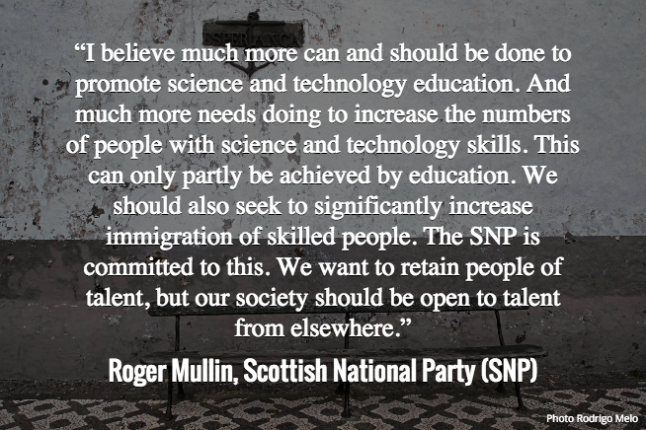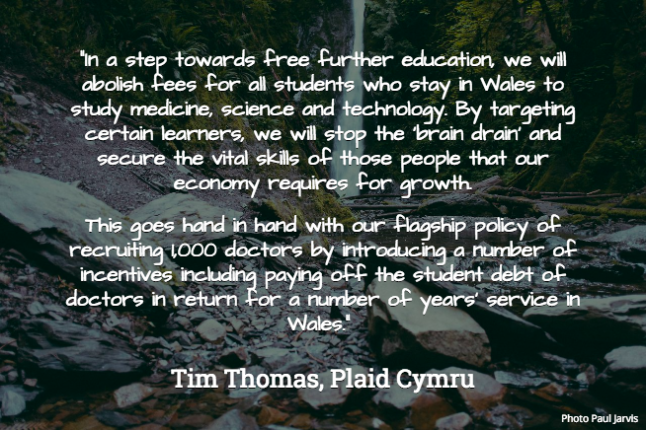Meet Jo Johnson, the new Minister of State for Universities and Science. He took over this week from Greg Clark, who was promoted to Secretary for State. He was given a scathing review in The Guardian for being a minister for science who apparently knows nothing about science.
So who exactly is Jo Johnson? And why does he bear an uncanny resemblance to another blonde and floppy haired conservative MP… Read on to find out more.
10 things you always wanted to know about the Minister for Universities and Science
1. Yes, his big brother IS Boris and they’re pretty close.
Well-deserved Assembly win for the brilliant James Cleverly – here he is with BJ in Orpington yesterday pic.twitter.com/XhLTz54N
— Jo Johnson (@JoJohnsonMP) May 4, 2012
PM & BJ manly handgrip at Orpington megarally pic.twitter.com/RWtGxY1v — Jo Johnson (@JoJohnsonMP) April 19, 2012
2. He gave TED talk in India and got rave reviews.
3. He’s a cricket fan.
Golden duck, but fundraising for new Cudham cricket pavilion otherwise going well pic.twitter.com/8FOTOUeP
— Jo Johnson (@JoJohnsonMP) June 4, 2012
4. He’s partial to village fetes that come complete with scarecrow competitions.
Opening fete in lovely Kent village of Pratts Bottom this morning & honour of judging scarecrow competition — Jo Johnson (@JoJohnsonMP) May 26, 2012
5. He’s fond of business, which is useful as he’s to report to Business secretary Sajid Javid.
“What’s the business in you?” – good @bisgovuk campaign to promote start-ups led by Mark Prisk, Business Minister http://t.co/GfU4PGOm
— Jo Johnson (@JoJohnsonMP) January 23, 2012
6. He writes a quarterly newsletter, which you can read here and sign up to here.
7. Before becoming an MP, Jo worked for 13 years as a journalist for the Financial Times.
Here is his FT blog.
8. He studied in France and Belgium for his two postgraduate degrees and was at Oxford for his undergraduate.
9. He’s pro Britain staying in the EU and it’s benefits for universities and science.
“Britain’s universities are a globally competitive export sector and well-placed to make a greater contribution to growth. With economic growth at a premium, the UK should be wary of artificially hobbling it.”
10. He’s a published author of not only one, but two books which can be bought here on Amazon.
Well Jo Johnson, let’s see what you can do for Universities and Science in the next five years shall we?
